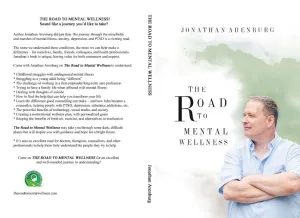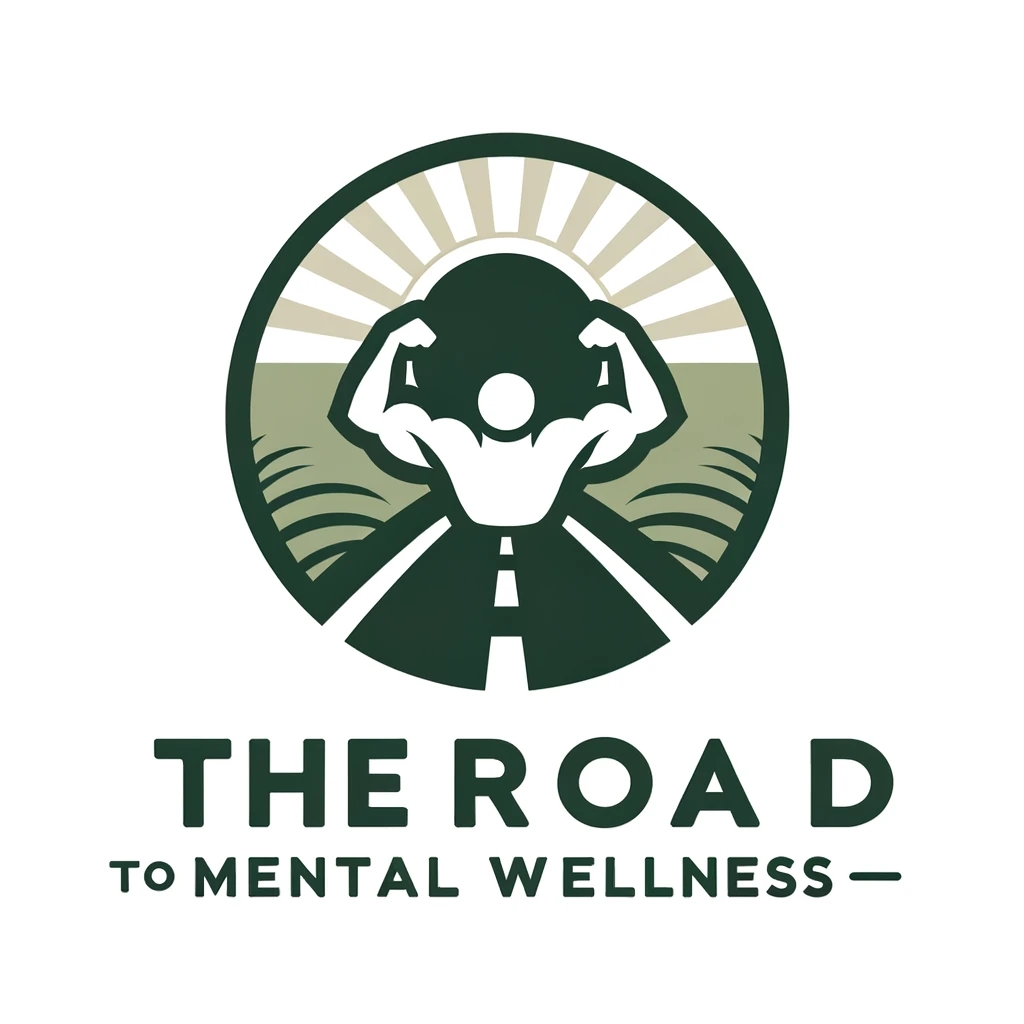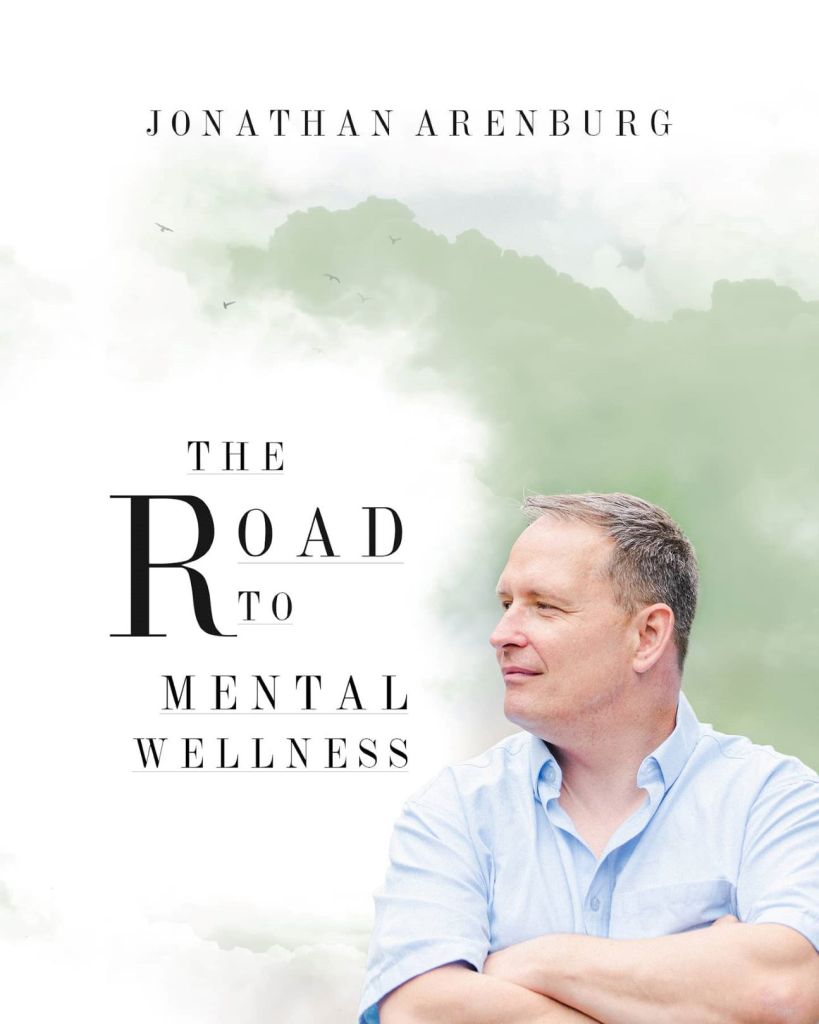Break Free from the Yeah Buts. How your internal dialogue can impact you day to day life without you even knowing it.
Recently I met a gentleman who had more passion for his cause than I have seen in many people I know. As a person who has consulted with governments and political parties alike, I have great admiration for those who fight hard for what they believe in.
As I sat there and listened to him speak on the things he wished to fix, I noticed something that I have seen in others, things I noticed with myself. Ultimately, he was discussing how his efforts never made any difference.
So, I decided to ask him this: “Have you had any success with all of your efforts?” To which he responded, “Yes.” Another person in the room who appeared to know him well spoke up and said, “Yes, he has. Has done this and this, and more of this for the community.”
With that I replied, “That’s great to hear that your work is having an impact.” He simply said, “Yeah, but we have no leadership, and I can’t get anyone to listen!” This despite his admission that his hard work had paid off.
As the conversation progressed, the person he was primarily speaking with, reminded him of yet more achievements he had made. Yet, he kept falling back to these two simple words, “yeah but.”
Download the audiobook version of the book, The Road To Mental Wellness FREE (CH’s 1 through 5 Here)
Which brings me to the heart of this post. We don’t often spend time thinking about how our words impact our mental health and how our mental health dictates the words we choose. In other words, we can get locked in a cycle that encompasses the two. When depression speaks for example, it alters how we view the world and can change our dialogue. And if we have constant worry, anxiety or trauma in our lives, our internal script can be rewritten.
Hence the “yeah but” example I used earlier. I find the yeah buts are, at least for me, an indication that I am stuck in a negative loop. An example of such a statement could look like:
Me: ” You’ve made some amazing progress in your bid to affect change in what you’re passionate about.”
The person’s response: “Yeah, but I went down and spoke to the manager about another concern and he/she/they. did nothing.” And as the conversation went on, one thing seemed clear. He was stuck in a negative self-script. But be warned, what you see may not be what is truly going on.
Buy The Road To Mental Wellness.
What mental health disorders cause a negative self-script?
Well, a negative self-script can be associated with various mental health disorders. Some of these include:
- Depression: People with depression often experience feelings of worthlessness, hopelessness, and low self-esteem. These emotions can contribute to the development of negative self-scripts, such as “I am a failure” or “Nobody cares about me.”
- Anxiety disorders: Individuals with anxiety disorders, such as generalized anxiety disorder, social anxiety, or panic disorder, may develop negative self-scripts as a result of their persistent fears and worries. For example, someone with social anxiety might think, “I am awkward, and people will judge me if I speak up.”
- Eating disorders: People with eating disorders, such as anorexia nervosa, bulimia nervosa, or binge eating disorder, may develop negative self-scripts related to body image and self-worth, such as “I am unattractive and will only be liked if I am thin.”
- Post-traumatic stress disorder (PTSD): Those who have experienced trauma may develop negative self-scripts as a result of the traumatic event, blaming themselves or believing that they are weak or damaged. For example, “I deserved what happened to me” or “I am broken beyond repair.”
- Personality disorders: Individuals with certain personality disorders, such as borderline personality disorder or narcissistic personality disorder, may have negative self-scripts related to their self-image, relationships, or sense of identity, such as “I am unlovable” or “I am worthless unless others admire me.”
Need help? Go to Our Mental Health Resources Centre
It is important to note that not everyone with these mental health disorders will have negative self-scripts, and negative self-scripts can also develop in individuals without any specific mental health disorder. Therapy and counseling can help address and reframe these negative self-scripts to promote healthier thinking patterns and improved mental well-being.
Moral of the story is, we never know why someone behaves the way they do. And as I work to help others, I am constantly on the lookout for the “yeah buts and other signs.
Kindness Matters
Kindness matters is another trending buzzword I see on social media. And it really does matter. However, putting kindness into practice involves understanding a few things.
Firstly, we must understand that behavior always happens for a reason. With that said, it may not be what you are seeing. Rather, mental illness could be driving the negative script. Therefore, it is better to educate yourself and try not to assume. We need to leave our judgment out of it.
Second, we need to do our best to treat everyone with respect and dignity. As difficult as this may be, there is always a possibility that there is real pain under the hood. Yelling, avoiding or being combative will not help anyone. We can help them break free from the yeah buts.
Read: If everyone had the skills of a therapist
How do you help?
Well, in many cases you can’t really help someone who doesn’t realize they are in the hands of a damaging script. However, that doesn’t mean we can try. Remember, it’s precisely for this reason that kindness matters.
How you can help – expanded
- Educate yourself: Learn about the specific mental illness your friend or loved one is experiencing. Understanding the condition will help you better empathize with them and offer appropriate support.
- Listen actively: Be there to listen when they want to talk about their feelings and experiences. Offer a non-judgmental, empathetic ear, and avoid interrupting or minimizing their concerns.
- Offer emotional support: Encourage them to express their feelings and emotions, and validate their experiences. Let them know that it is okay to feel the way they do.
- Be patient: Recovery from mental illness can take time. Be patient and understanding, recognizing that progress may be slow, and setbacks can occur.
- Help with everyday tasks: Offer assistance with daily tasks, such as grocery shopping, meal preparation, or household chores, to alleviate some of the burdens they may be facing.
- Practice self-care yourself: Take care of your own mental health and well-being, as supporting someone with a mental illness can be emotionally challenging.
Finally, if one feels heard and understood, they may feel safe enough to see that there may be more going on. And maybe, just maybe, they will get the help they need to break free from the yeah buts.
Before I go, I want to leave you with some suggested interventions.
Here are several therapeutic approaches that can help individuals change negative self-scripts and promote healthier thinking patterns. Some of the most effective therapies include:
- Cognitive Behavioral Therapy (CBT): CBT is a widely used therapy that focuses on identifying and changing negative thoughts, beliefs, and behaviors. It involves recognizing negative self-scripts, examining the evidence supporting or disproving them, and replacing them with more balanced and realistic thoughts.
- Acceptance and Commitment Therapy (ACT): ACT is a mindfulness-based therapy that helps individuals accept their thoughts and feelings without judgment while committing to values-based actions. It aims to create psychological flexibility, allowing individuals to change their relationship with negative self-scripts and choose actions that align with their values.
- Dialectical Behavior Therapy (DBT): DBT is a type of cognitive-behavioral therapy that focuses on building skills to manage emotions, tolerate distress, and improve interpersonal relationships. It helps individuals recognize and reframe negative self-scripts, while also teaching them coping strategies to handle emotional distress.
- Schema Therapy: Schema therapy is an integrative approach that combines elements of CBT, psychodynamic therapy, and attachment theory. It addresses deeply ingrained negative self-scripts or schemas that have developed over time and helps individuals identify, challenge, and modify these maladaptive patterns.
- Narrative Therapy: Narrative therapy is a collaborative approach that views individuals as the experts in their own lives. It involves exploring the stories that shape their identity and helps them rewrite negative self-scripts by identifying and emphasizing their strengths, values, and positive experiences.
- Mindfulness-Based Therapies: These therapies, such as Mindfulness-Based Cognitive Therapy (MBCT) and Mindfulness-Based Stress Reduction (MBSR), incorporate mindfulness practices to help individuals develop non-judgmental awareness of their thoughts and feelings. This increased self-awareness can facilitate the recognition and replacement of negative self-scripts with more adaptive thoughts.
Did you enjoy reading Break Free from the Yeah Buts? let us know.
Good luck everyone!
Learn to Manage and Thrive
- His lifelong battle with depression
- The benefits of exercise
- How to start to overcome the dread and exhaustion of depression
- How small steps make huge differences
- Scientifically backed techniques to help minimize depression, anxiety, and PTSD’s effects
- How to set boundaries with yourself when you have a mental health condition·
- How to optimize living your life with these debilitating mental illnesses.

Follow us
Break Free from the Yeah Buts. copyright 2023



Please leave a comment and tell us what you liked about what you read.